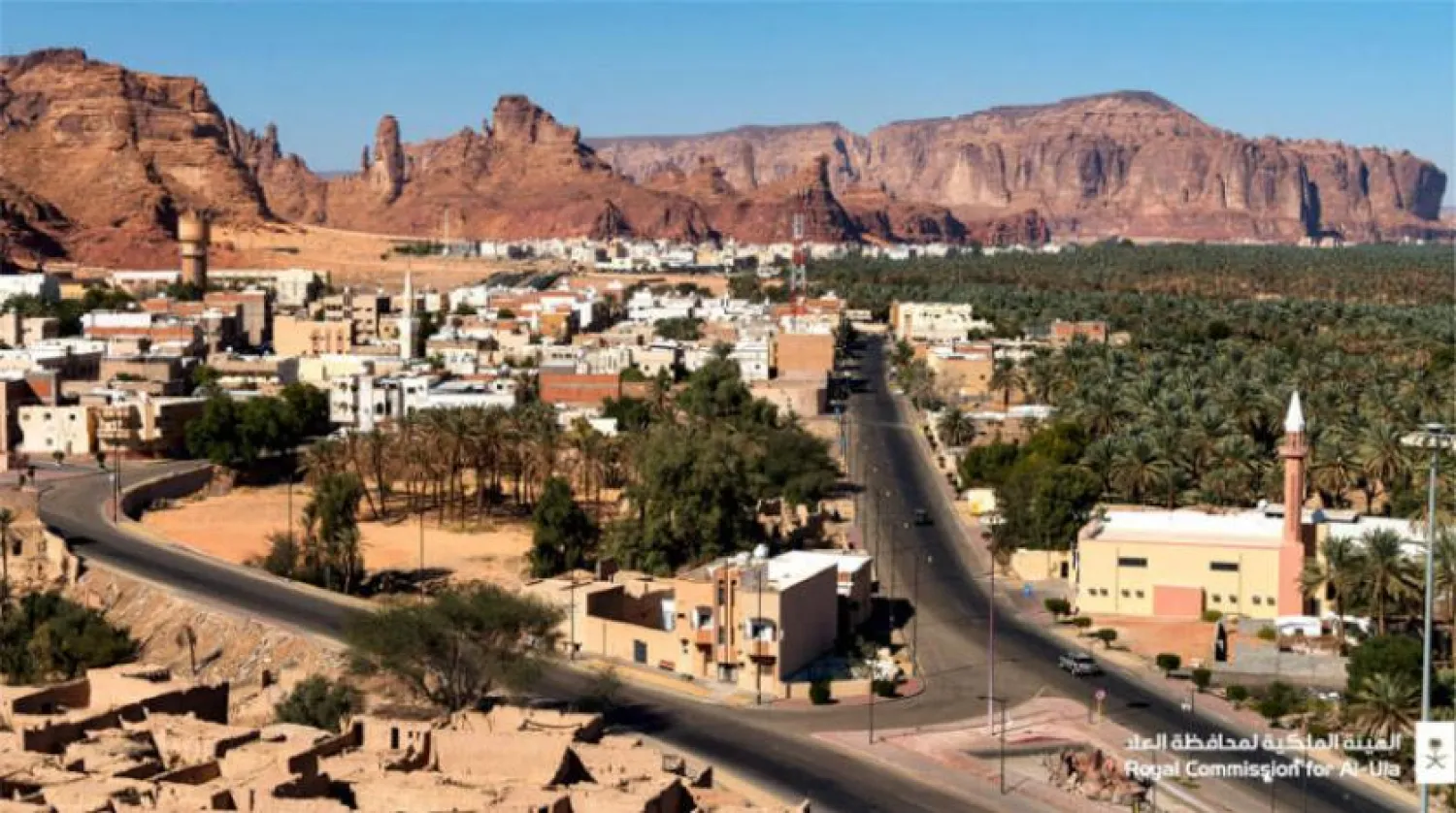A Saudi royal decree has terminated the services of a number of officials tied to graft allegations at prominent tourism projects.
The order was based on reports received from the Royal Commission for AlUla, the Red Sea Company, and the Souda Development Company regarding violations against the lands of the Red Sea Project, the state news agency SPA reported.
There were more than 5,000 violations reported in the Red Sea Project lands and dozens in AlUla, according to SPA, in addition to others not authorized by the Royal Commission for AlUla.
“These violations are considered violations of the system and constitute environmental damage,” according to SPA.
The violations, which have been authorized by some officials, have a “great impact” on the completion of projects and are an infringement on the competence of the Commission, SPA reported.
“The Ministries of Interior and Municipal and Rural Affairs, and the governorates of Madinah, Tabuk and Asir are given a one-month period from this date to remove all infringements, and very strict measures shall be taken in the event of any further infringement after that,” a statement carried by SPA said.
According to the statement, the royal order terminated the services of Lieutenant General Awad bin Eid bin Awda al-Balawi, Director General of the Border Guard, and referred him to retirement.
It also ended the services of the governors of Umluf, al-Wajh and the head of the Souda Center, according to SPA.
Services of the commanders of the border guard sectors in Umluf and al-Wajh have also been terminated.
The services of the official who was responsible for infringements, as well as his deputy at the Ministry of Interior, in addition to those responsible for infringements in the governorates of Madina, Tabuk and Asir have also been terminated.
The royal decree requires that the Control and Anti-Corruption Commission immediately investigate all the officials about their suspected involvement and for legal action to be taken against those found responsible.
AlUla is one of the most important tourist destinations in Saudi Arabia due to its historical treasures, while the Red Sea project includes an archipelago of 90 unspoilt islands with stunning views, while the Souda development project is a unique mountainous tourist destination.









